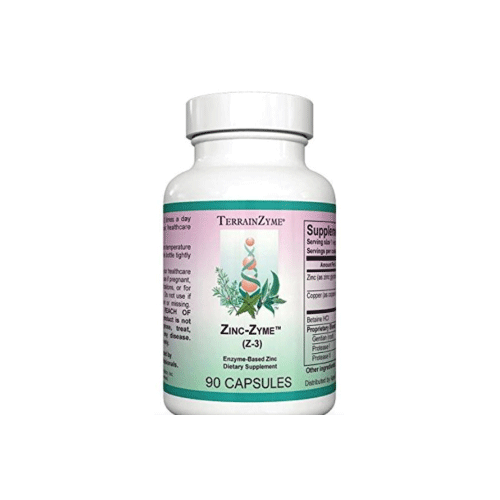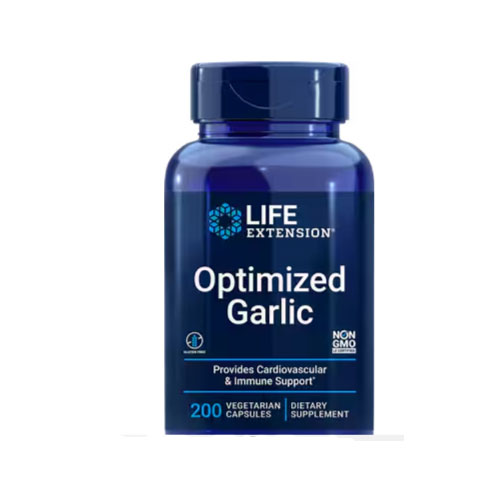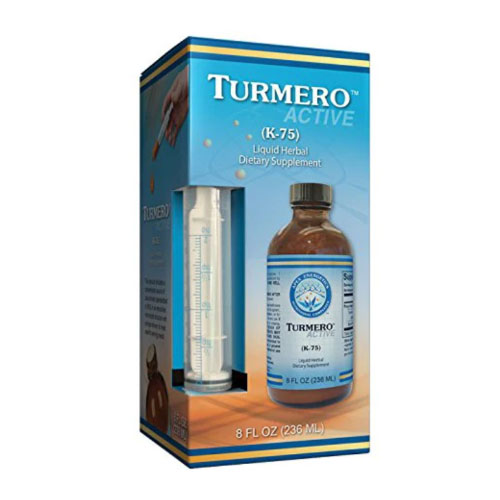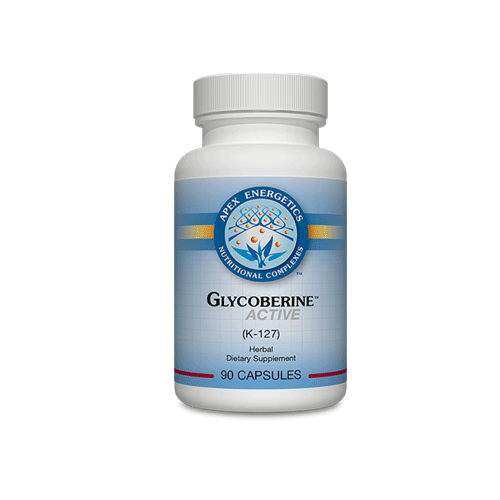Traumatic brain injuries (TBI)need not be severe to require extensive care to improve functioning. An overlooked side effect of traumatic brain injuries are hormonal imbalances resulting in a variety of health issues. Hormone replacement therapy (HRT) for traumatic brain injury in Reno aims to rebalance insufficient hormones caused by TBIs.
Dr. William Clearfield is one of only a handful of specialists certified by the Millennium Health Group, the countries premier facility for the hormonal aspects of TBIs. Patients with mild to severe brain injury cases may benefit from HRT with the Clearfield Medical Clinic. In some instances, HRT may be lifesaving as specific hormonal imbalances are the direct cause of dangerous health conditions. Although traumatic brain injuries result in life-altering consequences, HRT from Dr. William Clearfield work to restore proper body functions and improve overall health.
Types of Hormonal Issues Caused by Traumatic Brain Injury
Studies indicate that patients with mild to severe causes of traumatic brain injury have lower levels of hormones. Depending on the type and area of TBI, a variety of hormonal imbalances are possible. Dr. C is trained in determining what hormone deficiencies due to a TBI are present. He then creates a personalized treatment to meet your individual needs.
Adrenal insufficiency
When the adrenal gland produces too little cortisol, the effects include fatigue, weight loss, low blood pressure, dehydration, and vomiting. You wake up in the morning tired, in the middle of the morning you need something to keep you going, coffee, tea, Red Bull, in the afternoon you need a nap. By dinner time you are exhausted. Later, between 8-11 PM you become wide awake and then have difficulty sleeping. You typically have sugar or salt cravings with these fatigue patterns.
Posterior Pituitary Insufficiency
Known as diabetes insipidus, this hormonal malady occurs when the pituitary gland does not produce enough antidiuretic hormone. Symptoms include include excessive urination and extreme thirst.
Growth Hormone Deficiency
When adults lack enough growth hormone, they experience a multitude of physical and emotional complications including loss of energy, muscle and bone, an increase in fat, dark moods, paranoias, obsessive compulsive tendencies, the inability to start or finish projects, the inability to do two tasks at once or to change direction if necessary, poor concentration and memory loss. . Children with TBIs suffer from all of the above and a disruption in the body’s growth process causes physical irregularities.
Hypothyroidism
Symptoms of a thyroid damaged by a brain injury includes dry skin, dry hair, finger nails that crack and break, constipation, weight gain, all day fatigue, cold intolerance, and irregular menstrual periods for women.
Hypogonadism
Insufficient amounts of sex hormones, affects men and women differently. For women, this condition results in a loss of body hair and a cessation of the menstrual cycle. Men experience breast enlargement, loss of body hair and muscle tone, and sexual dysfunction.
Hyperprolactinemia and Hypoprolactinemia
If the body produces too much prolactin, women experience irregular periods and nipple discharge. Men suffer from erectile dysfunction with this hormonal imbalance.
A lack of prolactin (< 6 ng/ml) is indicative of a treatment resistant anxiety or depression. These patients typically do not respond to typical antianxiety and antidepressant agents, or counseling for that matter, as a low prolactin level is indicative of abnormal brain function. Dr. Clearfield is specifically trained on the subtleties of traumatic brain injury and how to slowly, but steadily overcome these obstacles.
How Could Hormone Replacement Therapy Help TBIs?
Hormone replacement therapy aims to rebalance hormones that are inadequate due to a traumatic brain injury. This treatment aims to improve physical functioning related to hormones and its’ accompanying side effects. Surprisingly, treatment effectiveness is NOT dependent on the severity of the brain injury. Severe hormone imbalances may occur with even a minor bump on the head. Many patients in Reno area may benefit from HRT with Dr. C.
If you draw a line from the top of your head straight down to your chin and a second line from ear to ear, you will encounter, deep in the brain two essential glands, the pituitary and hypothalamus. These organs are where hormones are generated. If damaged due to a traumatic brain injury, these glands will produce aberrant “offspring,” i.e. hormones, that will affect the entire body. Every traumatic brain injury patient should within three to twelve months post incident undergo an HRT evaluation. At the Clearfield Medical Clinic, we improve these adverse symptoms, as well as restoring health and quality of life.
During HRT, specific hormones with insufficient levels are reintroduced into the body through various means to reduce the ravages of hormonal insufficiency. Dr. C offers a variety of methods, including patches, pills, gels, and injections, for hormone delivery.
Hormone Replacement Therapy Helps Reduce the Side Effects of Traumatic Brain Injuries in Reno
Hormonal imbalances are chief among the many different side effects of traumatic brain injury. When the body does not create an adequate amount of hormones, vital functions that negatively impact your quality of life are disrupted. In the extreme, hormonal imbalances are be life-threatening. An excellent treatment option, hormone replacement therapy (HRT) for traumatic brain injury is available in the Reno area.
Each patient treatment with HRT is unique to their type of brain injury and specific hormones imbalances. HRT could be a lifesaving treatment for those with traumatic brain injuries. Call the Clearfield Medical Clinic to schedule a consultation with Dr. C. It could significantly improve the quality of your life.





